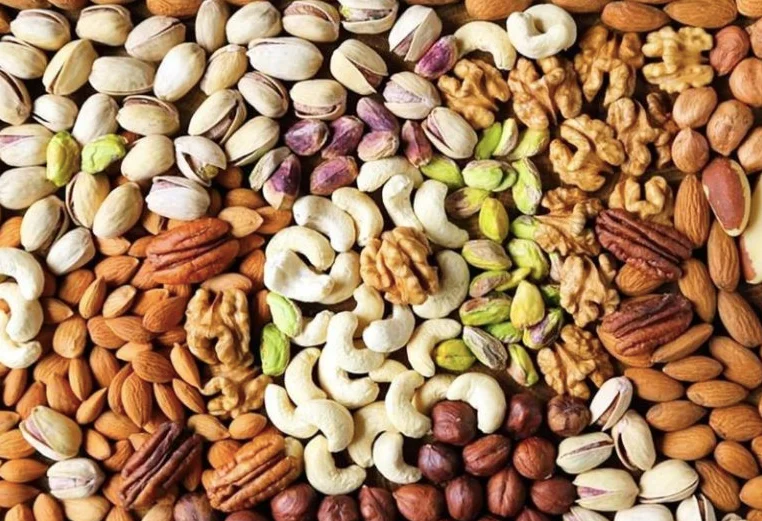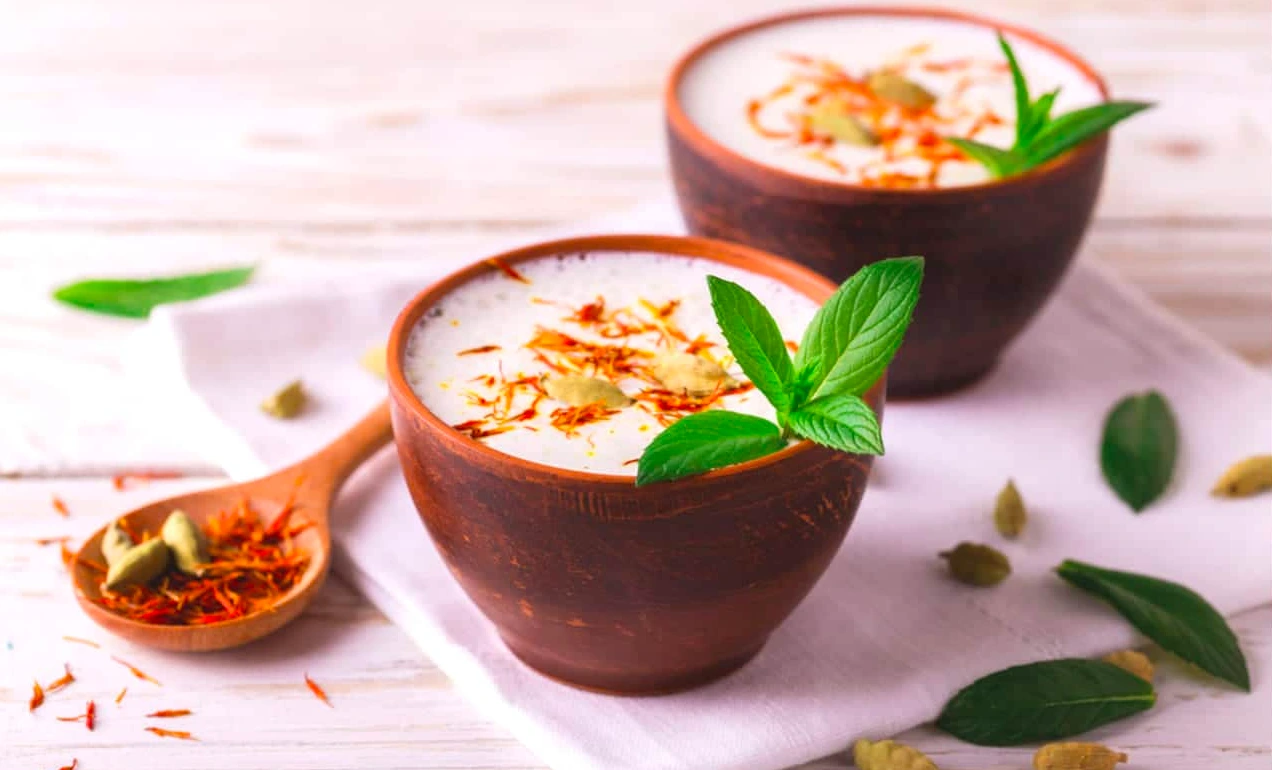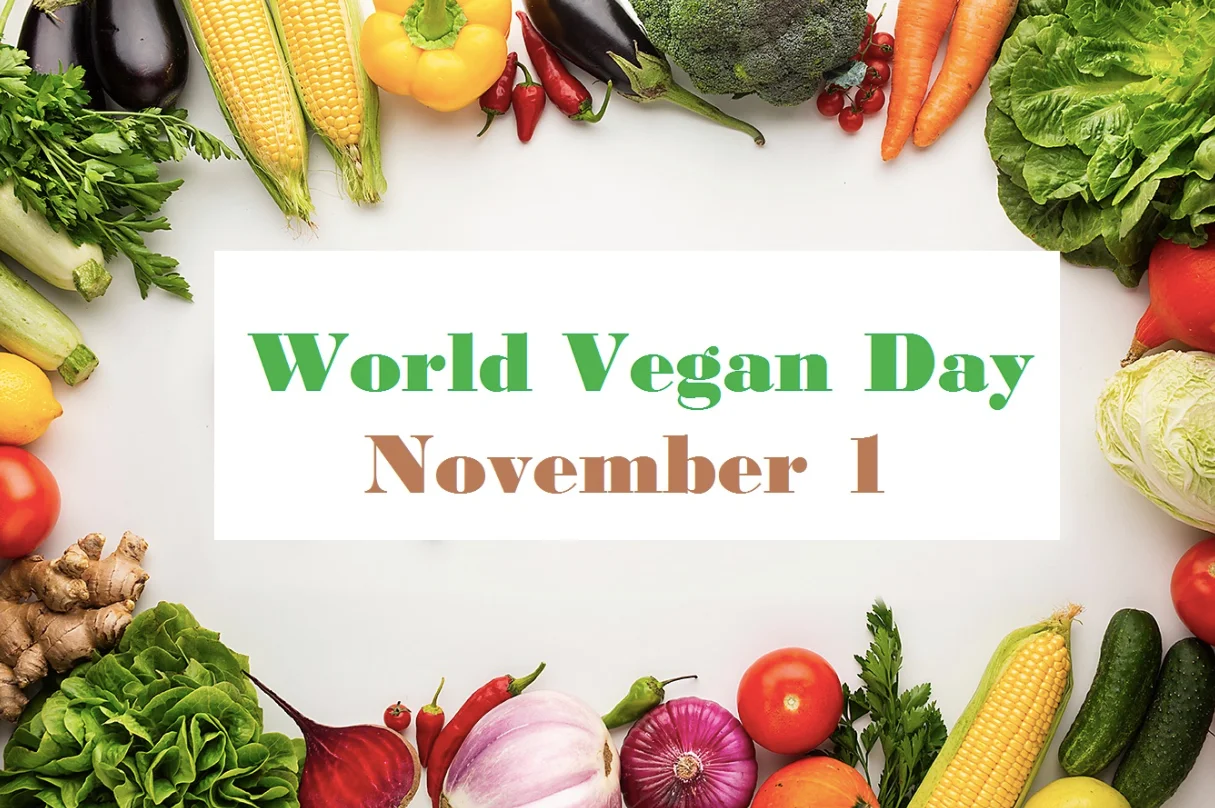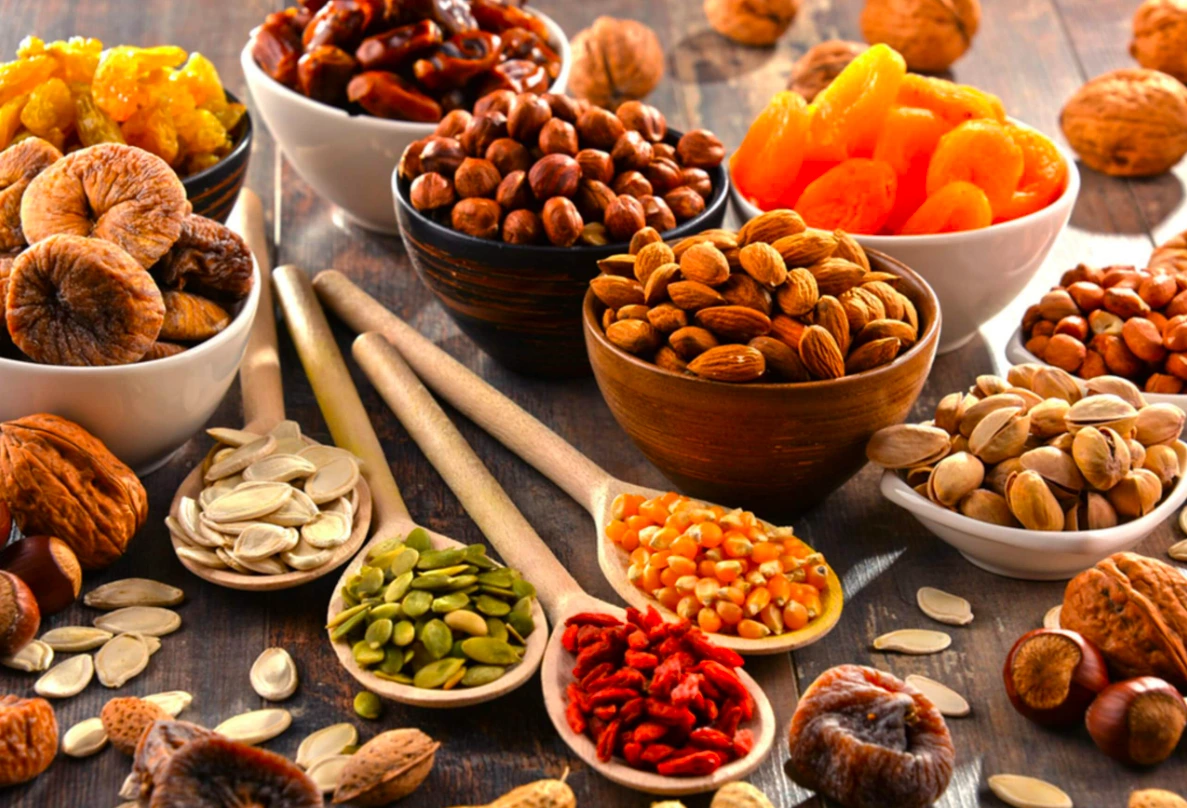One of the necessary vitamins for the proper growth and development of the human body is vitamin B12. It must be consumed through diet because the human body cannot synthesise it. Because it is necessary for vital bodily processes like the formation of DNA and red blood cells, the development of brain and nerve cells, and various cell energy metabolisms, B12 is regarded as an essential nutrient.
Are you looking for a quick and easy way to make sure your diet contains enough vitamin B12? Look no further than dry fruits that are high in vitamin B12!
What Is Vitamin B12?
Cobalamin, another name for vitamin B12, is a water-soluble vitamin. Not only that, but it’s also the largest and vitamin with the most complex structural makeup. Our body needs it as an essential nutrient for a number of physiological processes.
Red blood cell production and nervous system performance both benefit from vitamin B12 intake. Additionally, it supports the body’s production of energy and bone growth. In order for iron to function properly and for the production of RBCs (red blood cells), it also collaborates with Vitamin B9. As a result, vitamin B12 is essential for the body to function normally.
It is certain bacteria that produce vitamin B12, not plants or animals. One of the few vitamins that can be stored for a long time is vitamin B12, which our bodies can do so in the liver for a number of years.

How Much Vitamin B12 Should You Take?
You must be aware of the recommended daily intake of vitamin B12, or you risk developing diseases caused by a deficiency. Depending on an individual’s age and gender, different amounts of vitamin B12 are needed.
| Life Stage | Recommended Intake |
| Birth – 6 months | 0.4 mcg |
| 1–3 years | 0.9 mcg |
| 4–8 years | 1.2 mcg |
| 9–13 years | 1.8 mcg |
| 14–18 years | 2.4 mcg |
| Above 18 years | 2.4 mcg |
| Pregnant teens and women | 2.6 mcg |
| Breastfeeding teens and women | 2.8 mcg |
Vitamin B12’s Functions and Benefits
A vital vitamin, vitamin B12 is essential for the healthy operation of the nervous and cardiovascular systems. It also offers a tonne of other advantages. Let’s investigate the vitamin B12’s countless advantages.
- Maintaining healthy nerve cells and fostering proper neurological function require vitamin B12.
- Red blood cells, which transport oxygen to all areas of the body, are produced with its assistance.
- It is essential for the creation of DNA, the genetic material present in all cells.
- By assisting in the metabolism of carbohydrates, proteins, and fats, it maintains energy levels.
- It helps maintain a strong immune system, enabling the body to fend off diseases and infections.
- Particularly during periods of rapid growth, like pregnancy and infancy, vitamin B12 is essential for cell division and growth.
- Healthy skin, hair, and nails require adequate vitamin B12 levels.
- It aids in lowering the risk of some anaemias, including megaloblastic anaemia.
- Contributing to memory and focus, essential for brain health and cognitive function.
Since our bodies are unable to produce vitamin B12 on their own, it’s critical to consume it in our diets or through supplements. To meet our nutritional needs and maintain general health, it is crucial to include dry fruits and foods high in vitamin B12 in each of our daily meals.
Vitamin B12 Rich Dry Fruits
1. Almonds
These versatile, crunchy nuts contain notable amounts of Vitamin B12 in addition to a wealth of health benefits. Having a handful of almonds for a snack can be a quick and enjoyable way to increase your intake of this important nutrient.

2. Pistachios
These delightful to eat vibrant green nuts also contain a respectable amount of vitamin B12. You can eat them as a filling snack or add them as a nutritional boost to salads, yoghurt, or desserts.
3. Cashews
Cashews are not only delicious but also a great source of vitamin B12 thanks to their creamy, buttery flavour. These kidney-shaped dry fruits are a great addition to your diet because they can be eaten as a snack or added to a variety of recipes.

4. Dates
Dates are delicious and a surprisingly good source of vitamin B12. They are known for their natural sweetness and chewy texture. Dates can be a tasty and nutrient-rich way to get the vitamin B12 your body needs.
5. Raisins
In addition to being a handy and transportable snack, these dried grapes also contain a respectable amount of vitamin B12. Consume raisins on their own or add them to baking recipes, trail mix, yoghurt, and breakfast cereals.
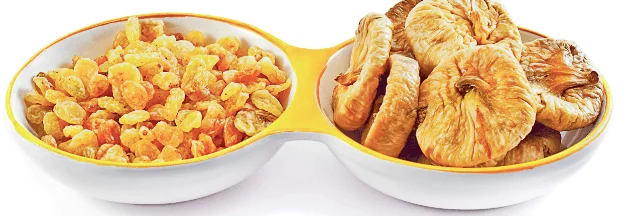
6. Figs
Figs are a delightful source of vitamin B12 and have a delicious and sweet flavour. To add a tasty and healthy twist to dishes like salads, jams, or desserts, use them fresh, dried, or in combination with other ingredients.
7. Walnuts
Walnuts are another type of dry fruit that belongs on the list. They provide a respectable amount of Vitamin B12 in addition to their well-known brain-enhancing qualities and abundance in omega-3 fatty acids.

8. Pecans
Pecans are another dried fruit with vitamin B12, and they have a buttery flavour and crunchy texture. As a result, pecans are a great choice if you’re looking for nutty dry fruits. You can also eat them on their own.
The Bottom Line
The nutrient vitamin B12 is essential for a proper and healthy lifestyle. The most effective way to meet your daily needs is to eat enough vitamin B12-rich foods.
One of the best foods with a lot of vitamin B12 is dry fruit. Therefore, you must include a few dry fruits in your daily diet.
Read More:
A Mineral that is required for keeping our Bones Healthy
खुबानी के स्वास्थ्य लाभ- Health Benefits of Apricot in Hindi

